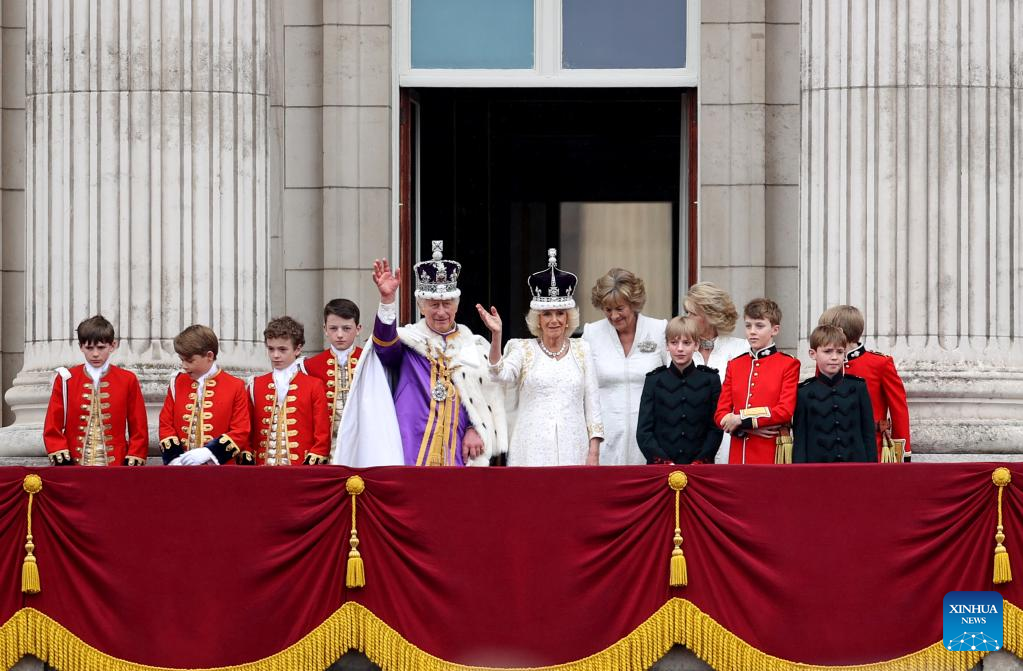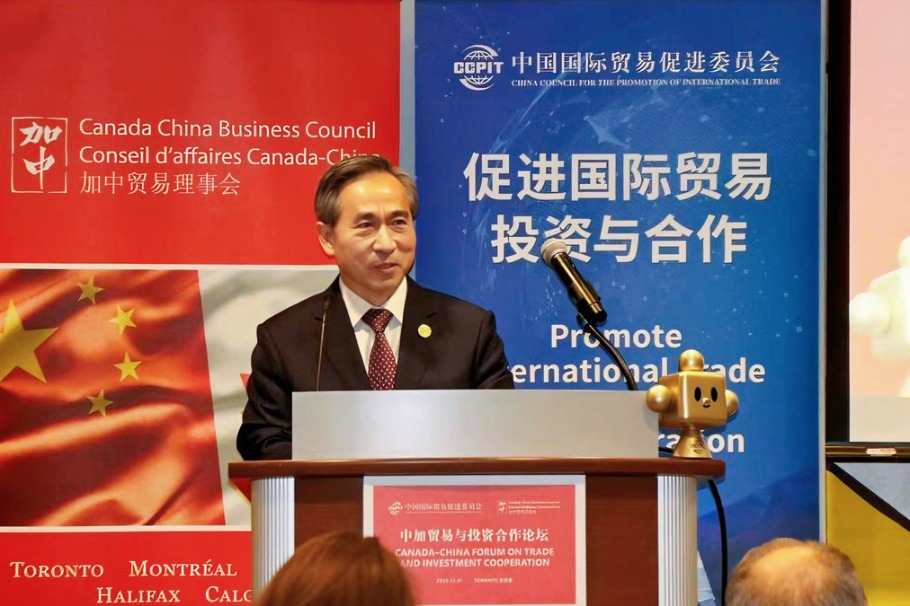A date with destiny after years of waiting


"The firm" has been used as a nickname for the British royal family because, like a long-established family business, individuals come and go, but the name over the door stays the same.
But the first change in proprietor at Buckingham Palace for more than 70 years will not, and cannot, mean business as usual.
The transition from Queen Elizabeth II, who became monarch aged 25 and who was crowned officially when she was 27, to her son, King Charles III, who will be crowned six months shy of his 75th birthday, could hardly be greater.
The political circumstances of the two different versions of the United Kingdom they inherited are also different, but it is the personalities, and the journeys they have taken, that are of greater interest.
At the age of 10, the infant Princess Elizabeth could not have understood how her life was changed when, in 1936, her uncle, King Edward VIII, abdicated before he could be crowned, shunting her father, and, in turn, his children, up the line of succession.
In contrast, from the age of 4, when his mother became queen, Charles knew he would be king – he just did not know when.
In contrast to the "heir and the spare" situation that has created such tension between his sons, William and Harry, Charles has known his destiny for decades, but he has had to wait until nearly halfway through his seventh decade to fulfil it, which has resulted in the world's longest apprenticeship for the job he was born for, which he is finally starting after most people have retired.
The role of monarch in waiting is strangely difficult, like an athlete warming up, in a state of perpetual readiness, but dreading the call to action because it depends on the death of someone else.
In such a conservative institution as the royal family, Charles has found himself torn between wanting to use his position to make a difference and the burden of his responsibility as heir to the throne. He has apparently been desperate to stir up debate and potentially bring about change, but acutely aware that his position is dependent on not rocking the boat.
Serving such a lengthy apprenticeship, and being extremely conscious of his need to remain tight-lipped, has clearly been a testing experience for a man who has struggled to rein in some of his personal opinions, while all the time standing in the wings, waiting.
For many years, his more opinionated outbursts were limited to topics such as the failings of modern architecture and farming, which were relatively non-controversial.
In 1984, he referred to plans to extend buildings at London's National Gallery as "like a monstrous carbuncle on the face of a much-loved and elegant friend", and, in 1998, he called genetically modified crops "the seeds of disaster". More recently, he has also spoken out about his concern over climate change.
A five-year stint in the Royal Navy and Royal Air Force inspired him to set up the Prince's Trust, a charity that helps people aged 11 to 30 get into jobs, education, and training, and which, by September 2020, claimed to have made a difference to 1 million young lives.
Such diversions, however, were still dancing around the fire of his real purpose, as heir to his long-serving mother, and on the rare occasions that he moved closer to the flames, particularly recently, he found himself singed.
In the summer of 2022, the future king came as close as was allowed by royal protocol to involvement in politics, over the proposal of then-prime minister Boris Johnson to deport asylum seekers to Rwanda. The Times newspaper quoting a source close to him as saying Charles thought the government's approach was "appalling", and that he was "more than disappointed … not impressed".
Within weeks, embarrassing stories began to emerge about donations made to Charles's personal charities, and British citizenship and a state honor having allegedly been bestowed on a Saudi donor.
Whatever the source of the stories, once the queen died and Charles became king, there was a changing of the guard at Buckingham Palace that coincided with one in Downing Street and, in the blink of an eye, the leaks stopped and relations were restored.
Seven decades of waiting for his first meaningful job have allowed many stories to build up around Charles, such as his reportedly strained relationship with his father, the murder by terrorists of his surrogate father-figure Lord Mountbatten, his enormously public marriage to and divorce from Princess Diana, a complex relationship with his own children, his eventual wedding to the woman he had always loved, Camilla, and a life defined by the shadow of his mother.
But on May 6, all these stories will be consigned to history, as his life enters a new era.
William Shakespeare's play Henry IV describes the burdens that come with authority as "heavy is the head that wears the crown".
On his coronation day, finally, the new king will feel the weight of the crown on his head — but as his previous seven decades show, it will not be the first time he has been burdened.
































